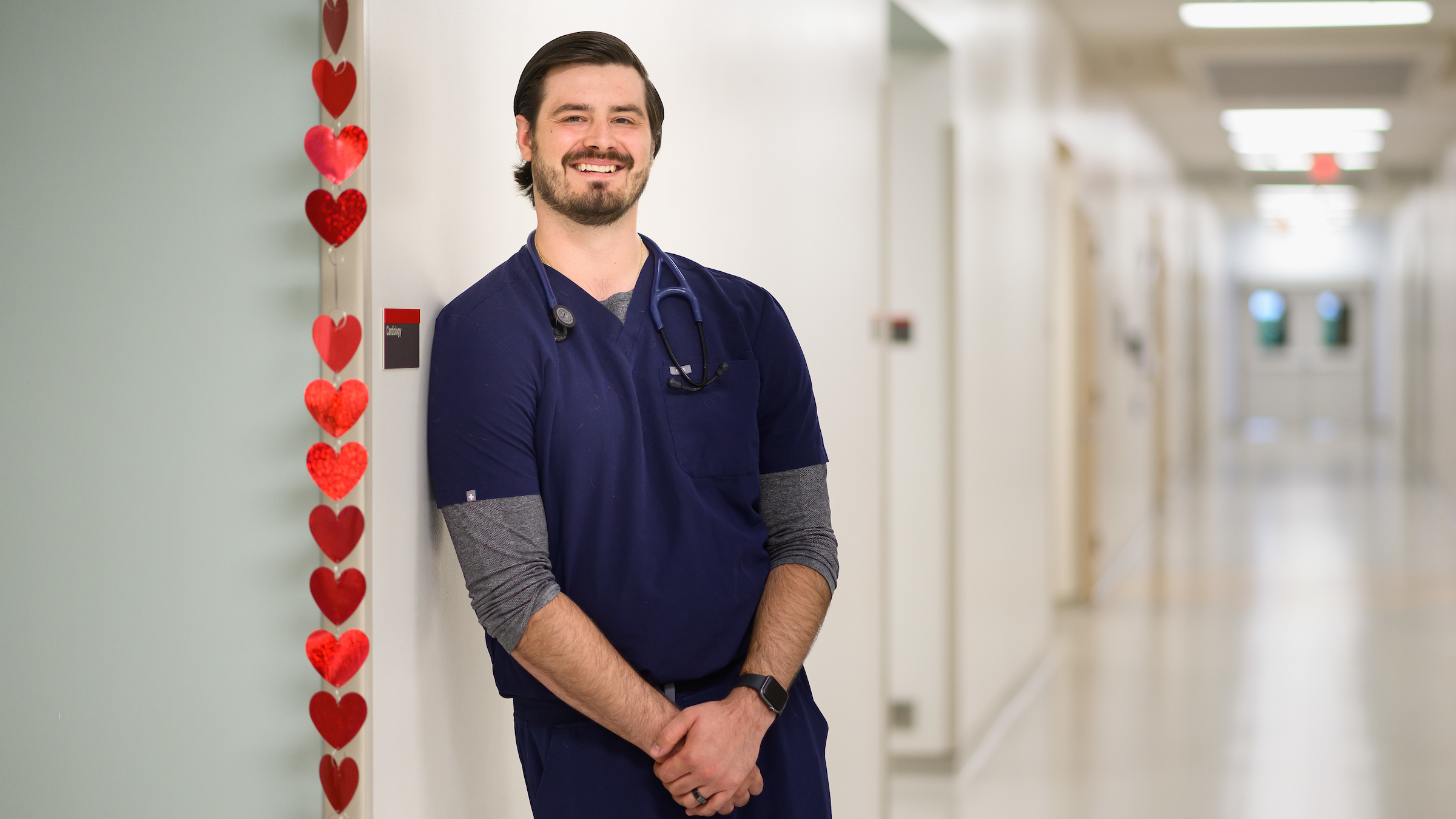Inside an Unprecedented Month at the CVM
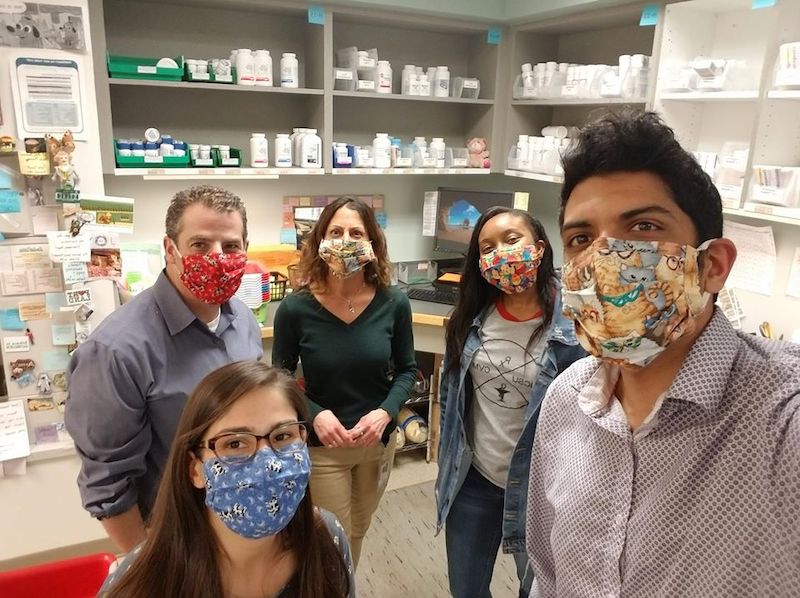
During this difficult time, the NC State College of Veterinary Medicine and the NC State Veterinary Hospital remain dedicated to teaching the next generation of veterinarians and providing compassionate and comprehensive medical care.
Here’s a look at the past month on campus.
CVM/NC State News
- The NC State Veterinary Hospital continues to see emergency patients only and follow a new protocol. http://ow.ly/yzrF50yKpYx
- The veterinary hospital donated two ventilators, nearly 1,000 masks and other supplies to the UNC School of Medicine and its hospitals. Also sent: 200 safety glasses to the NC Department of Health and Human Services. http://ow.ly/M4pr50yUlN5
- “The best friends you’ve got”: CVM Dean Paul Lunn talks to NC State about how the veterinary hospital has rallied to keep pets and staff safe. http://ow.ly/ZAMg50z3dcm
- NC State collects protective gear for area hospitals: https://news.ncsu.edu/2020/03/nc-state-collects-protective-gear-for-hospitals
- A resilient Pack: A series spotlighting NC State employees going the extra mile during the COVID-19 pandemic: https://news.ncsu.edu/2020/03/employees-helping-during-covid-19
CVM in the News
- The Associated Press spoke with Dean Lunn about the veterinary hospital offering support to human hospitals. The story was picked up by The New York Times (http://ow.ly/qEmY50yVKLt), the Washington Post and many others.
- A video about the donations was featured on WRAL. https://www.wral.com/ncsu-other-veterinary-hospitals-share-equipment-to-fight-virus/19029379
- The News and Observer offered a look at some very happy clients reunited with their pets. https://www.newsobserver.com/news/coronavirus/article241230671.html?fbclid=IwAR1nV-ZXtxKywhhQwHaQEHRvzPr1ekopPA2N-AcdXd1h_fTn45AOrUU3xuI
What We’re Doing Right Now
- The NC State Veterinary Hospital: Since shifting to emergency care only on March 13, the hospital’s clinicians continue to see critical cases. The hospital was one of the first in the country to provide drop-off and curbside patient admissions. It continues to be staffed with faculty clinicians, veterinary technicians, interns and residents, said Steve Marks, associate dean and director of veterinary medical services.All personnel are working as a team to provide the best patient care possible. In addition, two licensed clinical social workers continue to be available to help hospital staff and clients in need.
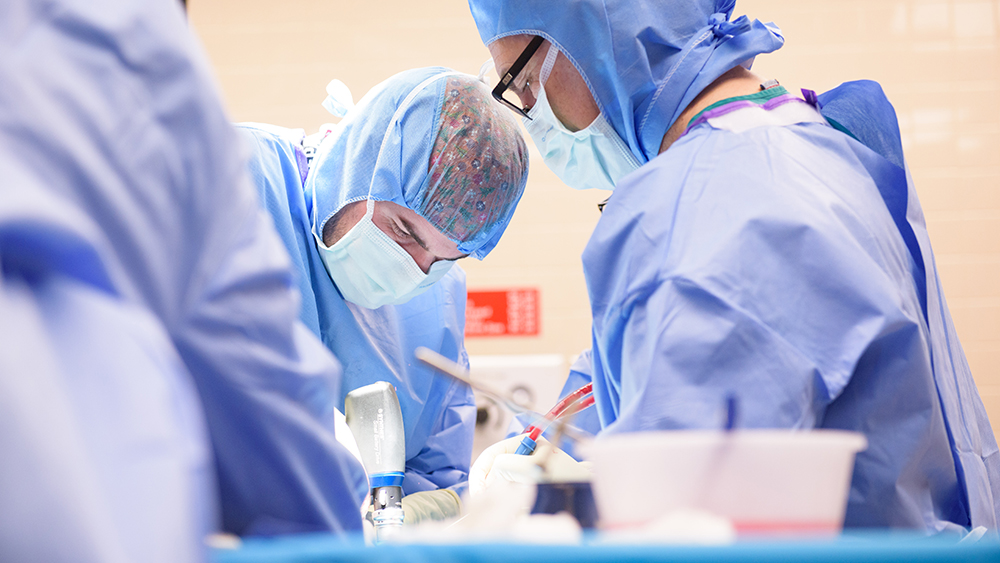
Photo by John Joyner/NC State Veterinary Medicine - Education: CVM faculty and students have swiftly adapted to online education. Among the many examples: faculty have coordinated online medical rotations and electives for specific types of services and created interactive general practice rotations (complete with mock patients). Faculty have worked closely together to develop new approaches to education, including effective ways to record and broadcast one-man laboratory instructional classes, said Laura Nelson, associate dean and director of academic affairs.
- The CVM’s Educational Support Services and Academy of Educators have provided tremendous support to faculty seeking advice and support for new approaches to teaching. Student Services and wellness staff continue to work with students. Fourth-year students are finishing rotations online and working from home. Many students are actively involved in pandemic relief efforts in a variety of ways, including research and volunteerism.
- Facilities and Teaching Animal Unit Management: When the novel coronavirus first hit the United States, Sara Beth Routh, director of the teaching animal unit, enlisted open forum discussions with other animal facility directors to ensure all areas of concern for both animal welfare and staff health was taken into consideration to reduce the likelihood of TAU being impacted from a health standpoint. With the help of attending facility veterinarian Barrett Slenning, the team implemented emergency response standard operating procedures.Staff have taken on different shift schedules to ensure all animals are properly cared for during these times. TAU staff have stepped up to the call to take on various rolls outside the norm, from facility maintenance to milking the dairy cows, said Routh.
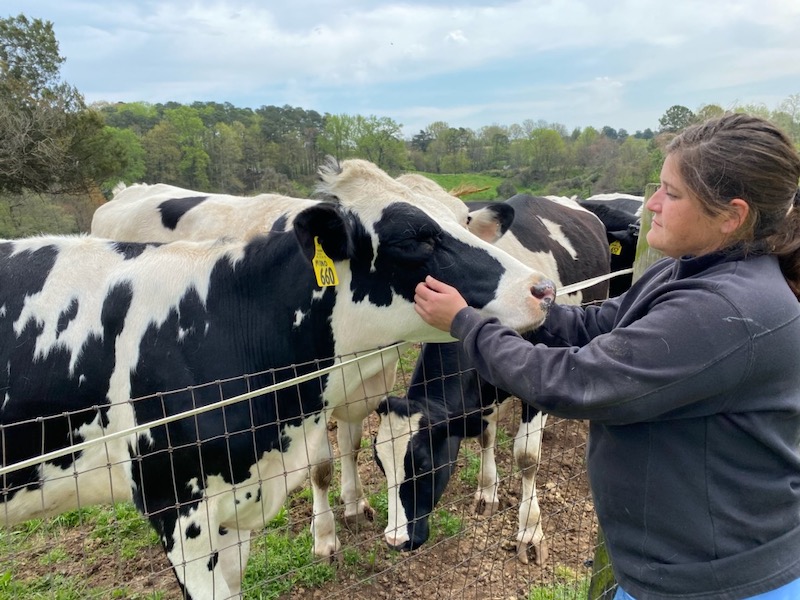
TAU Director Sara Beth Routh - The goal of TAU is to maintain all animal herds and flocks in order to ensure long-term viability of future animal teaching programs held at TAU while keeping our staff safe. The TAU and facilities teams continue to work through any animal health issues with both our field service team that assist in food animal veterinarian care and will continue to work with Katie Sheats, who oversees direct veterinarian care for the equine herd.
Share Encouraging Words
Consider sharing words of encouragement with our hospital workers, students and faculty. Our desire is that your words will inspire them, encourage them and remind them the strength of the wolf is the pack and the strength of the pack is the wolf.
Share Now>>

Advice and Tips
- Rebecca Maher and Meri Wickenhofer offer tips for pet owners adjusting to feelings of isolation resulting from quarantine and social distancing. http://ow.ly/QnfZ50yZEe8
- Margaret Gruen on adjusting to social distancing when at home with your pets.
http://ow.ly/HvQt50yWID - Recommendations for setting up your home workspace. https://news.ncsu.edu/2020/03/tips-for-setting-up-your-home-workspace
- Outdoor activities for kids. https://news.ncsu.edu/2020/03/outdoor-activities-for-kids and https://news.ncsu.edu/2020/03/boredom-busters-more-activities-for-kids
- Combating stress and anxiety in family life. https://news.ncsu.edu/2020/03/combating-stress-covid
How You Can Help
By supporting the College of Veterinary Medicine’s All Gifts Great and Small Fund, you give flexible support to our college and hospital where it is needed most. This may include support for our individual hospital services and residents, as well as help purchasing needed equipment and supplies and much more.
You may have interest in providing assistance to our Student Emergency Fund. This is for students who may be facing unforeseen challenges in the coming weeks and months and provides CVM students with an opportunity to receive grants of up to $500 for unexpected circumstances related to housing, meals, technology needs and more. Donate Here>>
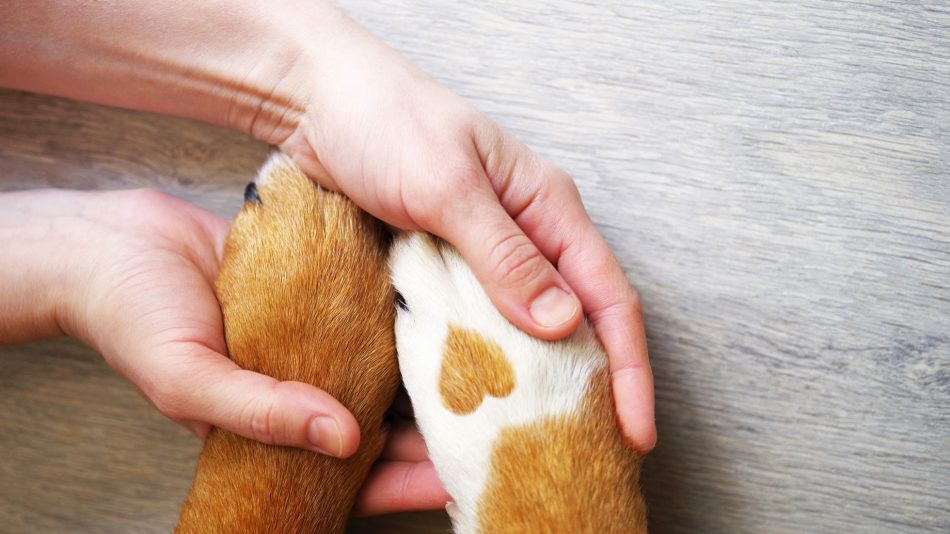 Important Resources
Important Resources
- Animals and Coronavirus: Frequently asked questions. http://ow.ly/TAaq50yO8r4
- NC State’s coronavirus response and resources. https://www.ncsu.edu/coronavirus
Coronavirus information:
- The Centers for Disease Control https://www.cdc.gov/coronavirus/2019-ncov/index.html
- The World Health Organization https://who.int/news-room/q-a-detail/q-a-coronaviruses
- The American Veterinary Medical Association https://avma.org/resourc…/animal-health-and-welfare/covid-19
- The United States Department of Agriculture https://usda.gov/coronavirus
~Jordan Bartel/NC State Veterinary Medicine
- Categories:
